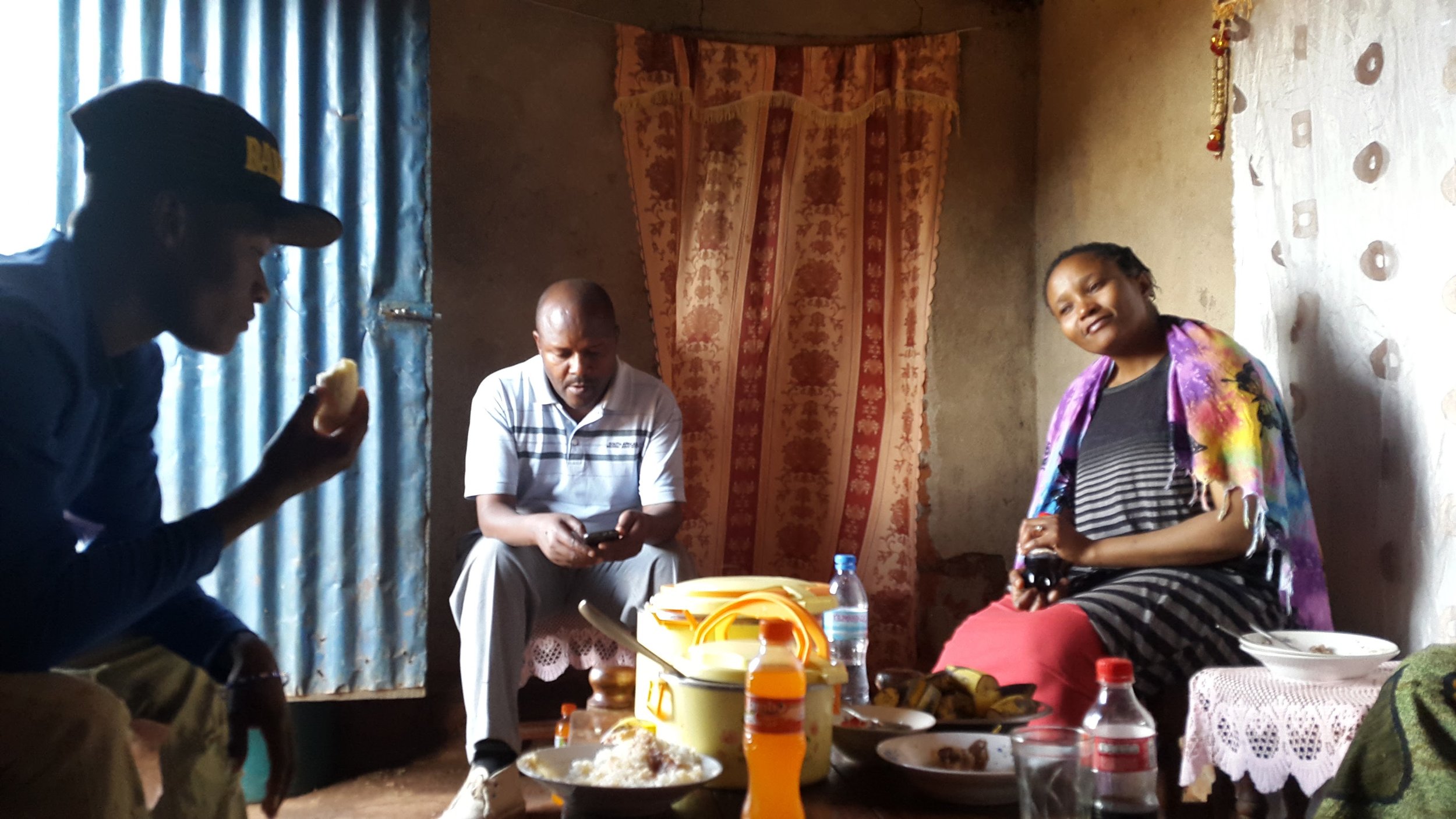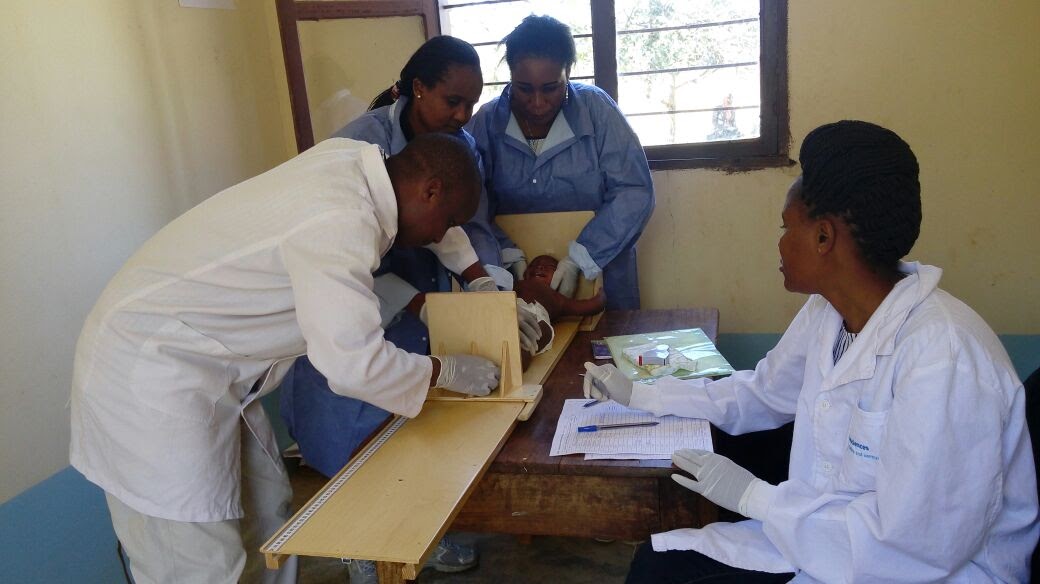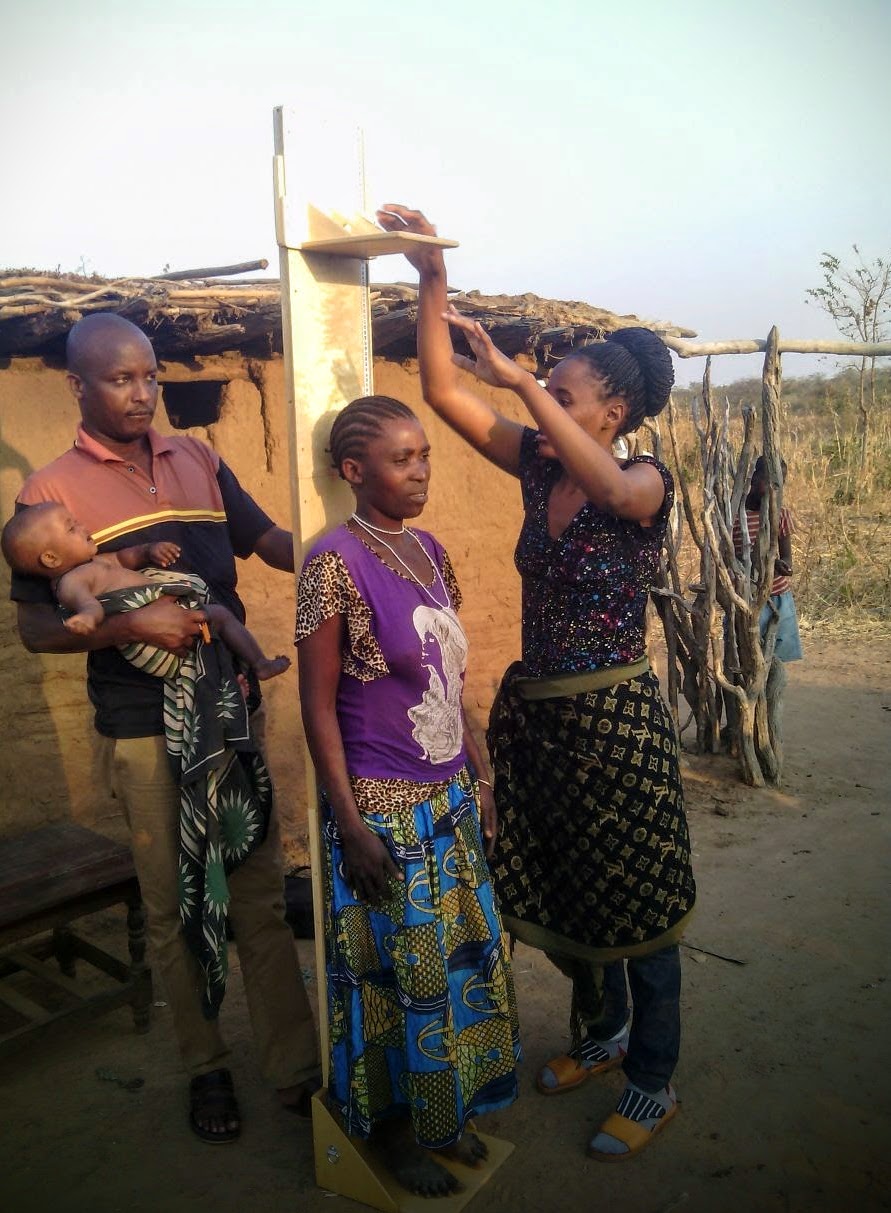Singida Nutrition and Agroecology Project (SNAP)




Location
Tanzania
overview
Cluster-Randomized effectiveness Trial evaluating participatory, farmer-led agro-ecological education; 10 intervention, 10 delayed intervention villages and 587 participating households
partners
Cornell University, Action Aid Tanzania, Nelson Mandela African Institute of Science and Technology, Ilonga Agricultural Research Institute, Michigan State University
Related Publications
Bezner Kerr, R., Sera Young, Carrie Young, Vicky Santoso, Mufunanji Magalasi, Martin Entz, Esther Lupafya, Laifolo Dakishoni, Vicki Morrone, David Wolfe and Sieglinde S. Snapp. Farming for change: Developing a participatory curriculum on agroecology, nutrition, climate change and social equity in Malawi and Tanzania, Agriculture and Human Values published online Jan 28, 2019. DOI: https://doi.org/10.1007/s10460-018-09906-x
The project is conducted in 10 intervention and 10 delayed-intervention villages and involves 587 participating households. From these 20 villages, 2 mentor farmers, one man and one woman, were elected. These mentor farmers participated in a field visit to- and training by existing mentor farmers in Malawi and a two-week long follow-up and refresher trainings in Tanzania integrating agroecology, climate change, nutrition, and gender equality. Mentor farmers will then support the households in conducting experimentation with agroecological practices and/or new behaviors regarding nutrition and gender equality. Mentor farmers are given autonomy in how they would like to work in each of their villages. However, we recommended a minimum of monthly visits to participating households and quarterly meetings with participating farmers within each village. Quarterly meetings among mentor farmers will also be held to discuss progress and challenges of peer education and household experimentation. Additionally, each household is given 1 kg of legume seeds of their choice and mentor farmers receive a monthly stipend to support their work. Legume seeds were provided because they provide a cheap and healthy food option, and because they improve soil fertility by nitrogen fixing after intercropping and incorporation of residue back to soil.